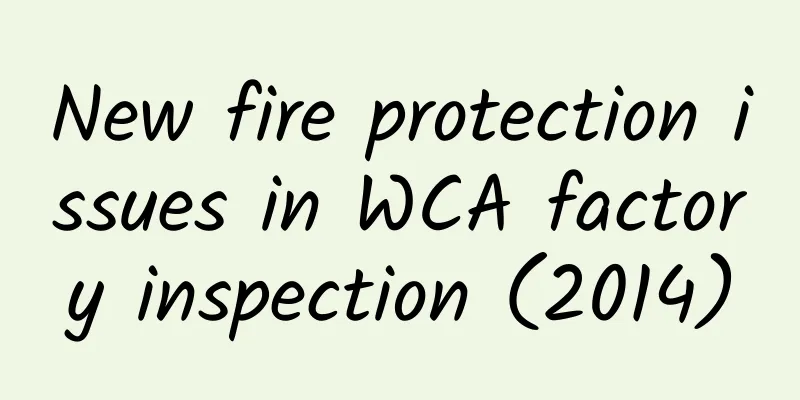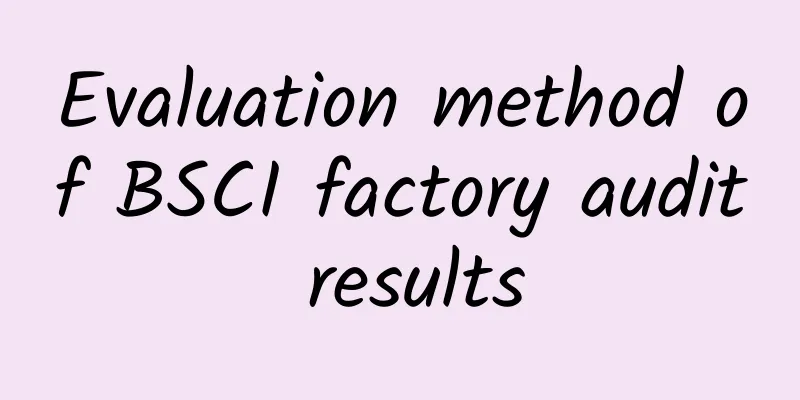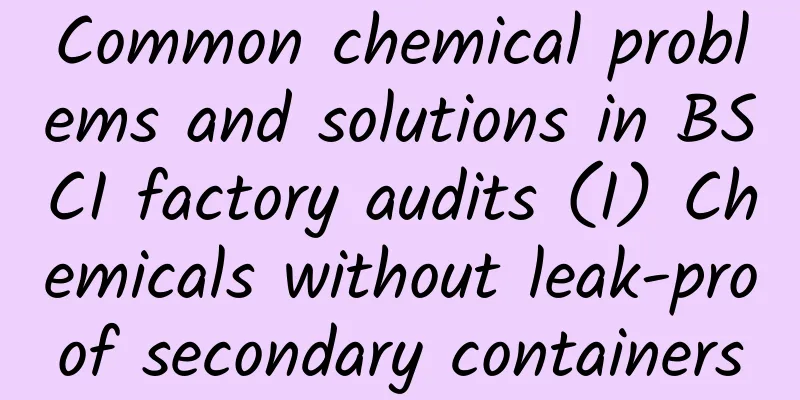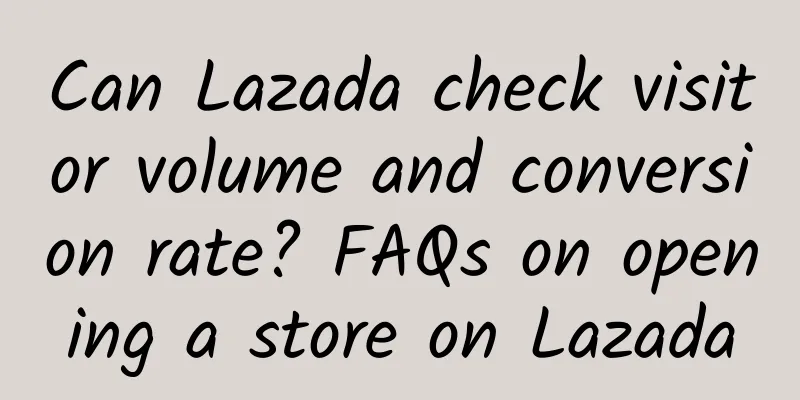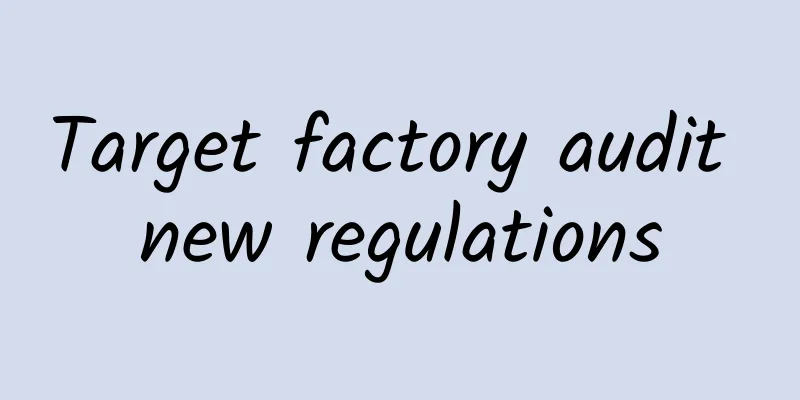ICTI-Wage and Working Hours Guidelines and Implementation Plan
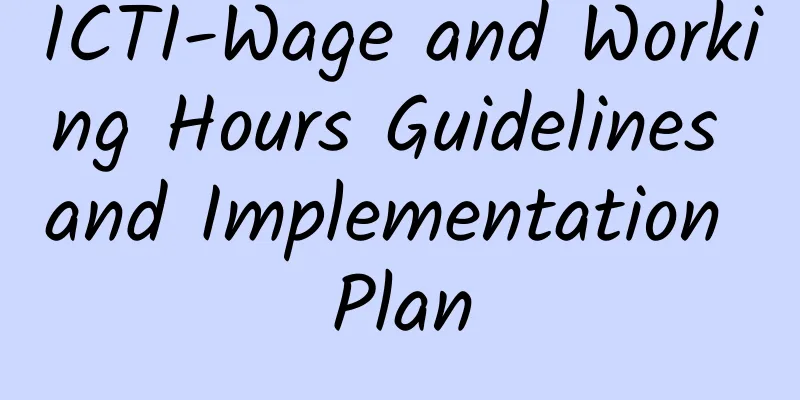
|
11. Introduction Page 2 1. Introduction To assist factories in improving their wage and hour conditions and to encourage them to be fully transparent about their issues, we allow/encourage factories to join the ICTI Care Program (ICP) Continuous Improvement Plan (CIP) if no other serious violations are found during the audit process. 2. Salary (Accurate payment of wages is verified as part of the certification audit and follow-up audit. If further verification is required specifically on wage matters, a separate dedicated audit of one or two mandays is required. This additional and dedicated audit will also include a review of working hours. See section 3 below.) b. Procedures in Case of Non-Compliance If a factory is not transparent regarding wages, the procedures set forth in Section 3d shall apply. Factories that do not meet wage regulations during the initial audit will be scheduled for a follow-up audit 120 days later to verify wage records for three months after the initial audit. Factories that still do not meet wage regulations during this follow-up audit will be scheduled for another one or two-person audit on the next full monthly payroll or the month after that. If the factory still does not meet wage regulations, we will make a decision based on trust and provide a probation period to the factory or terminate its participation (if the factory is terminated, ICP will accept new applications to rejoin the program after at least six months). 3. Working hours To ensure that factories comply with appropriate worker working hours regulations, ICP has established a working hours compliance system to support factories in making continuous improvements. This system targets the gap between actual working hours (determined by reviewing actual time records) and the target (66 hours per week and a maximum of 12 hours per day), which is an important step towards compliance with Chinese legal requirements. From September 1, 2009, all factories must undergo a continuous improvement plan and meet the requirements no later than June 30, 2012 (regardless of when they joined the program). All new factories that joined after June 30, 2011 will only have 12 months to meet the requirements. b. Methods c. Verify Compliance To ensure factory compliance, ICP will conduct one or two-person workday progress audits every six months, depending on factory size, to verify wage compliance and work hour improvements for factories joining the program in the first year. For factories joining the program in the second year, the audits will increase to every four months, and for factories joining in the third year, the audits will increase to every three months. d. Procedural transparency in case of non-compliance All factories shall be transparent about their ICP at all times. Factories that join the ICP and are able to demonstrate transparency but fail to achieve the required minimum level of improvement will be subject to more frequent audits and/or more intensive training than described above. During this period, these factories will remain in the ICP but will be classified as "in progress". Factories that continue to fail to meet the previously agreed-upon levels of improvement may be subject to a probation period or ultimately termination of their certification. If a factory newly joining the ICP is found to be non-transparent during the first audit, it will undergo another one or two-person audit after 120 days to verify three months of records. During this period, the factory will be able to remain in the ICP as an "in-progress" factory. If the factory still does not meet the transparency requirements in the second audit, its participation in the ICP will be suspended until it makes a commitment to full transparency and can apply to restart the relevant process. If a factory with a valid ICP certificate is found to be non-transparent, ICP will arrange for a one- or two-person audit within four weeks. If the factory can prove that it meets the transparency requirements, it will be provided with a probation period, generally for 12 months. If the factory is still found to be opaque during the re-audit, the factory will be terminated for 12 months. The ICTIAsia working group may consider shortening the time based on the sincerity of the factory and its willingness to make real continuous improvements, but the certificate termination period shall not be less than 6 months. e. Rewards and Demotions Continuous improvement is the core of ICP's wage and working hours policy. Under the premise of transparency and openness, factories are provided with opportunities to strive to improve and meet the requirements of ICP. This means that no matter what the situation of the factory when joining ICP is, it must strive to achieve and maintain the level of "A" grade certificate. Downgrading (backsliding) (i.e., the factory downgrades from "A" grade to "B" grade or from "B" grade to "C" grade) is only allowed under strict conditions. In order to encourage factories to continuously improve and strive to obtain and maintain "A" grade certification, ICP will provide the following incentives: 1. • Financial incentive: For factories that have maintained their "A" grade certificate for at least two years, their certification audit cycle will be extended from 12 months to 18 months, which can actually reduce the audit expenses by one third. This incentive will continue as long as the factory maintains its "A" grade certificate. (Applicable to all "A" grade certificate factories until June 30, 2012) 2.• Recognition Award: The recognition process will use the existing factory database on the ICP website. 1. • Other incentives: For retailers, buyers and companies participating in the DateCertain program (DateCertaincompanies), ICP will encourage them through written and visits to provide preferential treatment to factories registered with ICP to show their active support for this program. 2.oICP will encourage buyers to consider "A" and "B" grade certificate factories as key procurement suppliers, thereby further stimulating and encouraging factories to improve. Any factory with an "A" grade certificate will be regarded as a particularly trustworthy and reliable business partner. ICP will encourage buyers to support factories that are still in the investigation period and are working hard to resolve their non-compliance issues. 3.o Retailers can determine what level of certification their supplier factories must obtain in order to be eligible/continue to be eligible for orders, which is another incentive for factories to maintain a good reputation and avoid downgrades.
Audit result: The factory's working hours lasted more than 66 hours but not more than 72 hours Reclassification: The factory will lose its "A" certificate status and be placed in the "in progress" category with re-audit requirements; Re-audit - Compliance: If the re-audit (verification of three months of records after 120 days) shows compliance with the "A" certificate requirements, the "A" certificate will be restored. Re-Audit - Non-Compliance: If the re-audit (verification of three months of records after 120 days) shows that the "A" level certificate requirements are not met, a "B" certificate will be granted and the factory will be required to submit a corrective action plan to regain the "A" level certificate within three months. After another 120 days, the factory will be scheduled for a second re-audit to verify the three-month records to ensure that the corrective action plan has been implemented. If the "A" level requirements have been met in the second re-audit, the "A" level certificate will be restored. If it is not in compliance, the factory will maintain the "B" level certificate and must comply with the progress audit requirements described above. Scenario 2 – Downgrading to “Conditional” Audit result: The factory's working hours lasted more than 72 hours Reclassification: The factory will be directly placed into the inspection period for 12 months, with corresponding inspection period arrangements and regular audit arrangements; Re-Audit - Compliance: Regular inspection audits are conducted according to the inspection period schedule. If the "A" or "B" certificate requirements are met in two consecutive audits, the "A" or "B" certificate will be restored. Re-Audit - Non-Compliance: If you fail to meet the minimum requirements for a "B" grade certificate after attending a rigorous training course and two consecutive audits, your participation in the ICP will be terminated if you continue to fail to make improvements. "B" Grade Certificate Factory Audit result: The factory's working hours lasted more than 72 hours Reclassification: The factory will lose its "B" certificate status and be placed in the "in progress" category; Re-Audit - Compliance: A re-audit (verification of three months' records after 120 days) showing compliance with the "B" certificate requirements will result in the reinstatement of the "B" certificate. Re-audit - Non-Compliance: If the re-audit (verification of three months of records after 120 days) shows that the "B" certificate requirements are not met, the factory will be placed in a "prospection period" for 12 months with a probation period arrangement and regular re-audit arrangements to enable it to at least meet the "B" certificate qualifications within three months. If it fails to meet the requirements of at least the "B" certificate in the rigorous training course and two consecutive audits, and continues to fail to make improvements, it will be terminated from participating in the ICP. 4. Factory classification To achieve any of the above certification levels, all factories must comply with appropriate wage payment regulations. In addition, the factory must comply with all other ICP regulations in the following areas: 5. Glossary In the case of the ICTI “Care” program 3. "Conditional Certificate" Level 1 Certificate. This indicates a factory that has been audited without major deficiencies and has committed to transparency. The factory works more than 72 hours per week and is implementing a Continuous Improvement Plan (CIP) to reduce working hours and strive for a higher level of certification. 4. "B Certificate" Second level certificate. Awarded to factories that have been audited without major deficiencies and have committed to transparency. The factory has a working week equal to or less than 72 hours but not more than 66 hours. This level can be achieved during the initial audit or as part of the CIP, during which the factory is continuously working to obtain a higher level certificate by reducing working hours. 5. "A-Certificate" The third (highest) level of certificate. Awarded to factories that have been audited without major deficiencies and have committed to transparency. The factory's working hours per week do not exceed 66 hours. 6. The “inspection period” means that the factory must satisfactorily complete the corrective action plan before it can obtain the level certificate again. The inspection period is usually 12 months. During this period, the factory will undergo regular inspections and audits (every quarter) and complete the corrective action plan during this period. 7. “Terminated” means that the factory has been removed from the ICP and must wait for a period of time before reapplying. 8. "Suspension" means that the factory fails to meet the audit requirements of ICP and is temporarily suspended from participating in ICP. The suspension period is generally six months to one year. At any time during this period, as long as the factory can show its willingness to improve and demonstrate its corrective actions, its qualification will be restored. In terms of working hours: Working hours: Working hours must be met every week throughout the year and will not be calculated as an average for the whole year or treated as a year-end target. There should be at least one day off per week. Exceptional working hours: “Occasional” and “regular” overtime can be summarised as: 1.o “Occasional” - “Occasional” is defined as when any group of workers (two or more) work more hours than specified in the ICP above, but not more than one day per week, three weeks in any one month, or three months in a year. “Occasional” overtime will not be considered as a violation of the maximum permitted weekly working hours. 2.o “Regular” – Regular overtime means factory working hours exceeding the “occasional” standards set forth above. |
>>: Basic characteristics of HACCP certification
Recommend
What is Slickdeals? How to register an account on Slickdeals?
What is Slickdeals? Slickdeals.net is a shopping ...
How is MaBang ERP? How much does it cost? Which platforms does MaBang ERP connect to?
How about MaBang ERP? Mabang ERP is the flagship ...
About SVCOC Sustainable Viscose Certification!!!
CA Sustainable Viscose Chain of Custody Standard ...
GRS Global Recycling Standard for Textiles and Apparel
In response to strong demand for eco-friendly tex...
What is Pagewiz? What are the features of Pagewiz?
Pagewiz is a powerful, innovative landing page pl...
How about Wanxiang Supply Chain? What are the advantages of Wanxiang Supply Chain?
How about Wanxiang Supply Chain? Wanxiang Supply ...
Provisions of the Supreme People's Court on Several Issues Concerning the Trial of Administrative Cases on Work-related Injury Insurance
The "Provisions of the Supreme People's ...
What is 321 E-commerce Academy? What services does 321 E-commerce Academy provide?
What is 321 E-commerce Academy? 321 E-Commerce Ac...
The authoritative media CCTV2 Financial Channel fully explains what factory inspection is
With the implementation of the Global Compact, in...
What is the 360chain overseas warehousing system? What are the characteristics of the 360chain overseas warehousing system?
What is 360chain overseas warehousing system? 360...
Analysis of Difficulties of WCA Factory Inspection
Analysis of Difficulties in WCA Factory Inspection...
BSCI Supplier Participation Requirements
The role of suppliers in the implementation of BS...
What is SkyKai? What services does SkyKai provide?
What is Skye? Zhejiang Sky Enterprise Management ...
Ann Taylor_Ann Taylor Factory Inspection Self-Inspection Form
AnnTaylor_AnnTaylor Factory Inspection Factory Sel...
Home Depot Code of Conduct
Home Depot Code of Conduct <BR>Ethical Stand...


